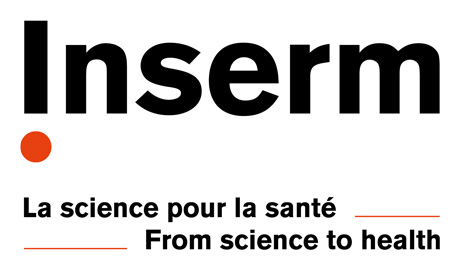Working place: Lyon 1 University / Doctoral school : Neurosciences and Cognition (ED476) Missions: Project Title: Arousal and respiratory co-dysfunction in drug-resistant epilepsy
This PhD thesis is integrated within the framework of the ERC funded project EPIAROUSAL (PI Pr S. Rheims)
PhD Supervisors and Host Teams:
The project will be jointly supervised by two senior researchers
Pr Sylvain RHEIMS:
- Team co-leader and Professor of Neurology at Lyon 1 University and Hospices Civils de Lyon and Head of Epilepsy Department at Hospices Civils de Lyon
- Translational Group in Epilepsy Research (TIGER team), Lyon's Neurosciences Research Center (CRNL), INSERM U1028 - CNRS UMR 5292 - Lyon 1 University
Dr Emeric STAUFFER:
- Researcher at LIBM and Head of the Respiratory Functional Investigation & Physical Activity Department, Hospices Civils de Lyon
- Team « Vascular Biology and Red Blood Cell », Inter-university Laboratory of Human Movement Biology (LIBM) EA7424, Lyon 1 University
Other researcher involved in the project: Pr Laure Peter-Derex, Professor of Phyiology and expert in Sleep Medicine at Lyon 1 University and Hospices Civils de Lyon.
Background and objectives:
Both seizures and their complications are modulated by patients' vigilance states. Several epilepsy complications are associated with sleep, including Sudden and Unexpected Death in Epilepsy (SUDEP). SUDEP primarily results from a fatal postictal central apnea after a nocturnal generalized convulsive seizures. Reducing the severity of postictal respiratory dysfunction has thus appeared as one of the most promising ways to prevent SUDEP. However, no encouraging result has been reported yet, suggesting that epilepsy-related respiratory dysfunction may only be the tip of the iceberg. Given the numerous interconnections between the network that regulates arousal and sleep and the respiratory network, one might make the hypothesis that some patients with drug-resistant epilepsy might combine this well-known seizure-related respiratory dysfunction with a chronic alteration of arousal regulation, resulting in abnormal asphyxia-induced arousal. Adenosine system is deeply implicated in the regulation of sleep and central respiratory control and is modulated by seizures. Epilepsy-related alteration of the brainstem adenosine pathway may play a key role in the development of arousal and respiratory co-dysfunction. The PhD project will thus study the interplay between epilepsy-related respiratory dysfunction, arousal regulation and the brainstem adenosine pathway.
Project Organization:
The PhD project will be conducted in adult patients with drug-resistant epilepsy and healthy controls in two parallel clinical studies which will aim
- To assess the arousal reactivity in drug-resistant epilepsy, with a specific emphasis on asphyxia-induced arousal
The PhD student will be directly in charge of investigating in healthy subjects and patients with epilepsy undergoing a Video-EEG monitoring of 48 hours duration the relation between the respiratory-driven arousal reactivity and alterations of inter-ictal respiratory functioning, defined as alterations of hypercapnic ventilatory response.
- To investigate the impact of epilepsy on the brainstem adenosine pathway and its relation with arousal and respiratory reactivity.
This study will be based on the same physiological approach as Study #1 but associated with multimodal imaging. Combining brainstem mapping of adenosine receptors with PET/MR and of individual fMRI BOLD response to hypercapnia will allow to assess for the first time in vivo if distribution of adenosine receptors in the brainstem respiratory centers varies between patients with drug-resistant epilepsy and healthy subjects.
During the last period of the her/his project, the PhD student will also be deeply involved in the design and conduct of the EPIAROUSAL trial, a proof-of-concept trial which will aim to validate that adenosine-targeted therapy can restore normal asphyxia-induced arousal in patients with drug-resistant epilepsy.
Qualification: - Master degree in Neurosciences or Physiology
- Basic knowledge of EEG in Humans
- Past experience in study(ies) conducted in Humans.
| 




